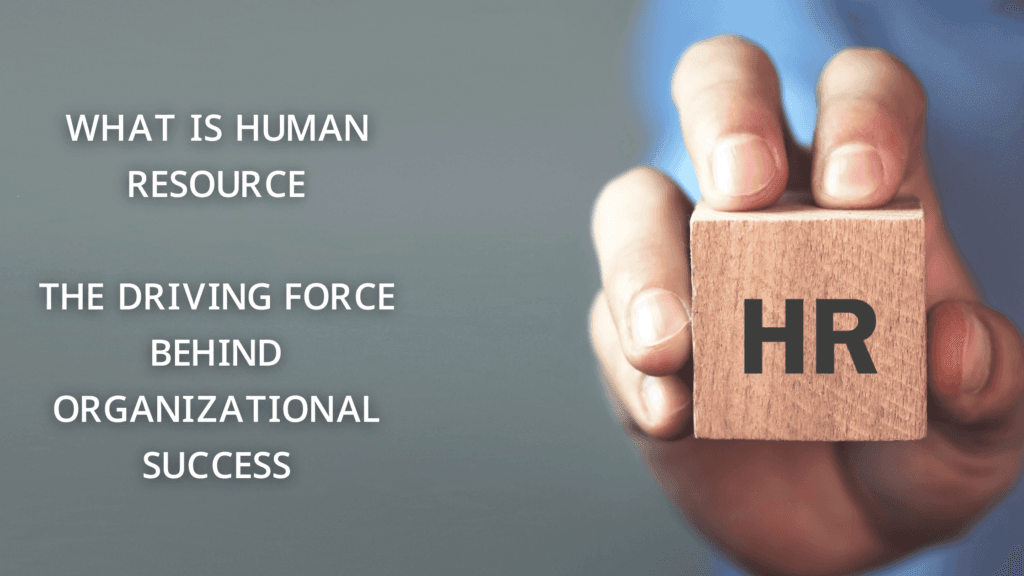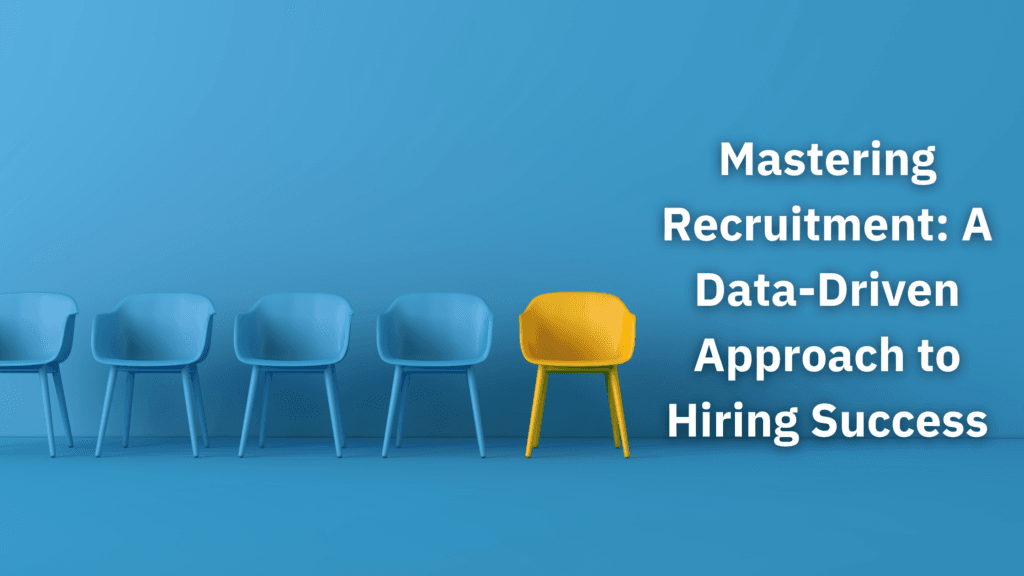In today’s dynamic and ever-evolving workplace, soft skills have become the distinguishing factor between success and mediocrity. Gone are the days when technical skills were the only qualification needed to excel in one’s career. As we navigate the complexities of modern business, these non-technical abilities — often referred to as people skills — play a crucial role in creating a productive and harmonious work environment.
Whether you’re in human resource management or any other sector, mastering soft skills is essential. But what exactly are soft skills, and why do they matter so much?
What Are Soft Skills?
Soft skills are a combination of interpersonal skills, social intelligence, communication abilities, and emotional intelligence that enable individuals to interact effectively with others. These skills can include teamwork, problem-solving, adaptability, leadership, and time management. Unlike technical skills, which can often be measured and quantified, soft skills are more abstract and nuanced but no less critical.
Hard Skills vs. Soft Skills
| Hard Skills | Soft Skills |
|---|---|
| Measurable and teachable skills | Personal attributes and interpersonal skills |
| Learned through education or training | Developed through experience and self-awareness |
| Examples: Coding, financial analysis | Examples: Communication, adaptability |
While hard skills (e.g., proficiency in software, data analysis, etc.) are often the foundation for performing specific tasks, soft skills elevate one’s ability to collaborate, lead, and innovate.
Why Are Soft Skills Important in the Workplace?
The importance of soft skills cannot be overstated. Companies increasingly value employees who are not only technically competent but also exhibit strong interpersonal capabilities. As industries embrace automation and artificial intelligence (AI), many hard skills are becoming obsolete. However, machines cannot replicate human emotions, empathy, or critical thinking—skills that continue to give humans an edge in the workforce.
Example: The Google Experiment
Google’s Project Oxygen is a perfect illustration of how soft skills can drive success. The company originally believed that the best employees were those with technical expertise. However, research showed that their highest-performing teams excelled not because of their technical abilities, but due to qualities like communication, empathy, and teamwork — classic soft skills.
Google now emphasizes soft skills in their recruitment process, ensuring that employees are not only proficient in technical aspects but are also adept at interpersonal relationships.
Soft Skills and Human Resource Management (HRM)
In the realm of human resources, soft skills are vital to almost every facet of HR operations. From recruitment and staffing to employee relations and compensation management, soft skills shape the culture and overall employee experience.
Recruitment and Staffing: Looking Beyond the Resume
Soft skills are often the differentiators when selecting candidates during the recruitment process. A candidate may have all the technical qualifications required for a role, but without essential soft skills like communication, problem-solving, and teamwork, they may struggle to integrate into a team or adapt to changes.

Zappos, the renowned online shoe retailer, emphasizes soft skills in its hiring process. The company places as much emphasis on cultural fit and communication skills as it does on technical proficiency. Zappos goes so far as to offer new hires $2,000 to quit if they feel they don’t align with the company’s values — a testament to how much they prioritize soft skills.
Employee Relations: Building a Positive Workplace
The relationship between management and employees is one of the most critical aspects of human resource management. Successful employee relations hinge on HR professionals’ ability to manage conflict, foster trust, and encourage open communication — all of which are grounded in soft skills. In essence, soft skills in HR help create a work environment where employees feel heard, valued, and motivated.
Compensation Negotiation: Balancing Empathy and Firmness
In compensation discussions, soft skills like negotiation, empathy, and active listening play a huge role. HR professionals need to understand not only the company’s budget but also the employee’s perspective. It’s a delicate balance that requires both emotional intelligence and strategic thinking.
The Top 10 Soft Skills for the Modern Workplace
Let’s dive deeper into the soft skills that are most relevant today. These are the skills that every employee, regardless of industry, should focus on developing:
1. Communication Skills
Effective communication, both verbal and non-verbal, is the bedrock of professional success. Whether it’s conducting meetings, writing emails, or resolving conflicts, the ability to express oneself clearly and listen actively is essential.
How Communication Impacts the Workplace:
- Better collaboration: Teams with good communication skills work more efficiently.
- Reduced misunderstandings: Clear instructions and expectations reduce confusion.
- Improved morale: Employees feel valued when their voices are heard.
2. Adaptability
In a world where change is the only constant, being adaptable is critical. The ability to adjust to new situations, challenges, or technological advancements can make or break an employee’s success.
3. Teamwork and Collaboration
No one works in isolation. The ability to work well with others, including diverse teams across departments, is key to achieving collective goals.
4. Problem-Solving
Problem-solving involves identifying issues, evaluating options, and implementing effective solutions. Companies like Tesla value employees who can think on their feet and troubleshoot unexpected challenges creatively.
5. Emotional Intelligence (EQ)
High emotional intelligence is the ability to recognize and manage one’s emotions while understanding and influencing others’ emotions. In leadership roles, EQ can make the difference between an inspiring leader and a micromanager.
6. Time Management
Time management skills allow employees to prioritize tasks, meet deadlines, and maintain a healthy work-life balance.
7. Conflict Resolution
Conflicts are inevitable in any workplace. A person skilled in conflict resolution can mediate disputes, encourage open dialogue, and find mutually beneficial solutions.
8. Creativity
Creativity isn’t limited to artists or designers. In the business world, creativity can lead to innovative solutions, improved processes, and unique marketing strategies. For example, Apple thrives on the creativity of its employees, resulting in groundbreaking products that revolutionize industries.
9. Leadership
Leadership isn’t just about managing people; it’s about inspiring and guiding teams toward common goals. Good leaders possess a blend of emotional intelligence, decision-making, and motivational skills.
10. Negotiation
Negotiation is a vital skill, especially in compensation, project management, and business development. It’s not just about getting what you want but finding common ground where both parties feel they’ve gained something.
The Role of Soft Skills in HR Technology and Automation
As automation and AI reshape industries, the role of HR professionals is also evolving. Many routine HR tasks, such as payroll and scheduling, are becoming automated. However, the human aspect of HR — building relationships, understanding employee needs, and managing complex interpersonal dynamics — remains irreplaceable.

Automated systems are already being used in the staffing process. AI tools can now screen resumes and handle the initial stages of recruitment. However, AI cannot replace the human touch when it comes to evaluating a candidate’s cultural fit, emotional intelligence, or ability to work in teams. Here, soft skills remain vital for HR professionals navigating the technological landscape.
How Companies Develop Soft Skills in Employees
Many companies recognize the importance of soft skills and have implemented training programs to help employees improve these areas.
GE’s leadership development program focuses heavily on soft skills like decision-making, emotional intelligence, and adaptability. GE believes that technical skills alone aren’t enough to create great leaders. By investing in soft skills training, they ensure that their managers are equipped to handle both people and processes.
LinkedIn Learning has created a variety of courses focused on developing soft skills such as communication, teamwork, and leadership. Many companies now encourage employees to take these courses to improve their workplace performance.
Soft Skills in Remote and Hybrid Workplaces
The rise of remote work has underscored the importance of soft skills like communication, adaptability, and self-discipline. Without face-to-face interactions, employees must rely on digital communication skills to collaborate effectively.
The Challenge of Building Employee Relations Remotely
HR professionals face new challenges in fostering a positive work culture when employees are scattered across different locations. Maintaining employee relations and resolving conflicts can be more difficult when communication is done virtually. Soft skills like empathy and active listening are crucial in this context.
How to Improve Soft Skills
Improving soft skills requires continuous self-reflection and practice. Here are some steps individuals can take:
- Seek feedback from colleagues or supervisors to understand your strengths and areas for improvement.
- Practice mindfulness to enhance emotional intelligence and self-awareness.
- Engage in team activities that require collaboration and communication.
- Take courses on soft skills development (e.g., LinkedIn Learning, Coursera).
Graph: Hard Skills vs. Soft Skills in Career Success
According to a 2019 survey conducted by LinkedIn, 89% of recruiters say that when a new hire doesn’t work out, it’s due to a lack of soft skills, not technical abilities. This data reinforces the growing importance of interpersonal and emotional intelligence in the workplace.
Frequently Asked Questions (FAQs)
What are soft skills in human resource management?
Soft skills in human resource management include communication, conflict resolution, empathy, and emotional intelligence. These skills help HR professionals manage employee relations, resolve conflicts, and foster a positive work environment.
How do soft skills impact recruitment and staffing?
Soft skills are crucial in recruitment and staffing because they determine how well a candidate will fit within the company culture and work with existing teams. Hiring managers often prioritize these skills when evaluating potential hires.
Can soft skills be learned?
Yes, soft skills can be learned and developed over time. Many companies offer training programs, and individuals can also improve their soft skills through practice, feedback, and formal education.
Why are soft skills important in compensation discussions?
In compensation negotiations, soft skills like empathy, active listening, and negotiation are vital for balancing employee expectations with company budgets. HR professionals must use these skills to ensure fair and effective discussions.
The Future Belongs to Soft Skills
As industries continue to evolve, soft skills will only become more critical to success. Whether you’re a technical wizard or a manager in human resources, mastering these interpersonal abilities will help you thrive in any environment. From enhancing employee relations to ensuring fair compensation negotiations, soft skills are the cornerstone of a harmonious and productive workplace. Start developing them today, and you’ll find that your career trajectory only goes up from here.



